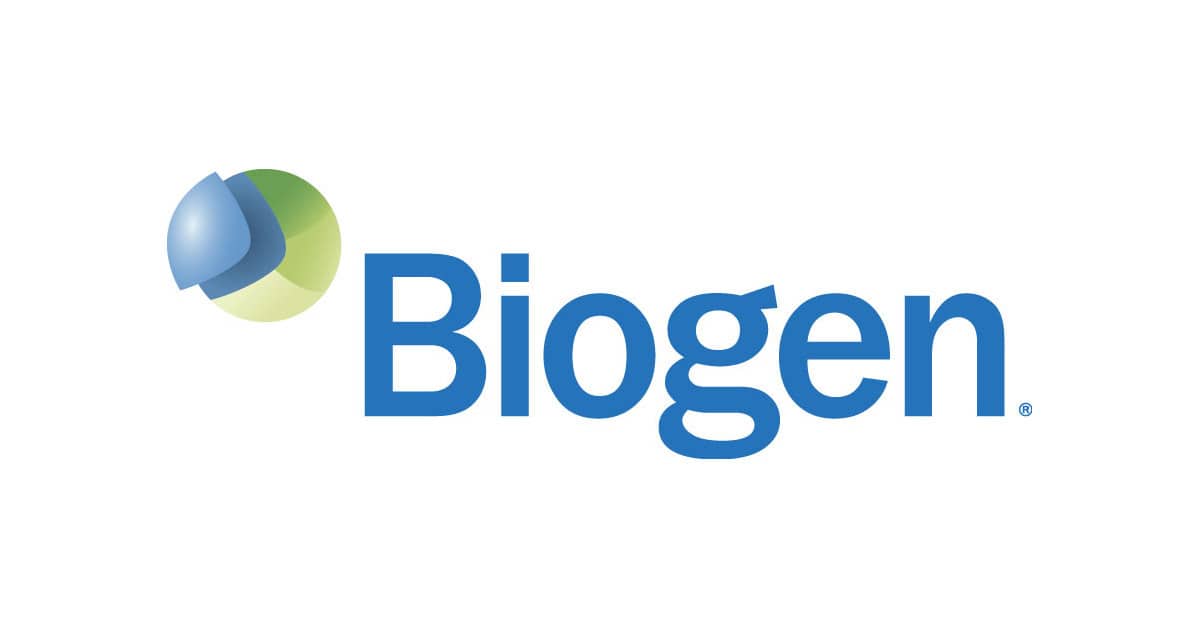
Biogen’s aducanumab has been approved by the US Food and Drug Administration (FDA) for the treatment of Alzheimer’s disease, in a landmark moment for the therapy area.
Investors and industry specialists had been anxiously awaiting the FDA’s decision on the controversial Alzheimer’s drug, following a difficult path to approval.
Although previous FDA briefing documents backed aducanumab – which now has the new brand name Aduhelm – the regulatory agency’s Peripheral and Central Nervous System Drugs Advisory Committee overwhelmingly voted no on a number of counts regarding the drug in November 2020.
In response to the question of whether two studies – EMERGE and ENGAGE – provide ‘strong evidence’ that aducanumab is effective at treating Alzheimer’s disease, eight experts voted no – with one voting yes and two ‘uncertain’.
On another question – ‘has the applicant presented strong evidence of a pharmacodynamic effect of aducanumab on Alzheimer’s disease pathophysiology?’ – five experts voted yes, while six voted uncertain, representing a win for Biogen.
Despite the uncertainty, the FDA highlighted that treatment with Aduhelm led to significant dose- and time-dependent reduction of amyloid beta plaque, compared to patients in the control group who had no reduction of amyloid beta plaque.
These results, said the FDA, support the accelerated approval of Aduhelm based on the surrogate endpoints of reduction of amyloid beta plaque in the brain.
However, as part of the accelerated approval, the FDA is requiring Biogen to conduct a new randomised, controlled clinical trial to verify the drug’s clinical benefit for Alzheimer’s patients.
If Aduhelm fails to prove its clinical benefit for patients, the FDA can choose to withdraw the approval of the drug.
Following the approval, some experts have raised concerns over the FDA’s reasons for approving the drug – including the Institute for Clinical and Economic Review (ICER).
“Our review of the evidence was concordant with that of many independent experts: current evidence is insufficient to demonstrate that aducanumab benefits patients. The avenue forward had seemed clear: another study would be needed to reduce the substantial uncertainty about the drug’s effectiveness, a requirement of even greater priority because of the drug’s common and potentially serious side effects,” ICER said in a statement.
“However, instead of waiting for such a trial, the FDA chose to move the goalposts and approve aducanumab based on the surrogate outcome of removing amyloid from the brain rather than the patient-centred outcome of clinical benefit, which has been required of all previous emerging treatments for Alzheimer’s disease,” the institute added.
Still, patient representatives have counted the approval as a significant win for millions of people living with Alzheimer’s disease.
“On behalf of those impacted by Alzheimer’s and all other dementia, the Alzheimer’s Association welcomes and celebrates today’s historic FDA approval of aducanumab for Alzheimer’s disease. This approval is a victory for people living with Alzheimer’s and their families,” said Harry Johns, president and chief executive officer of the Alzheimer’s Association.
“It is a new day. This approval allows people living with Alzheimer’s more time to live better. For families it means being able to hold on to their loved ones longer. It is about reinvigorating scientists and companies in the fight against this scourge of a disease. It is about hope,” he added.




